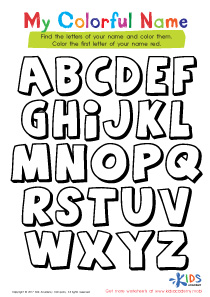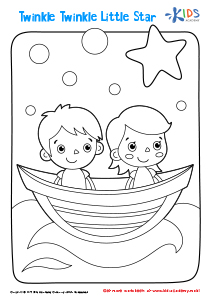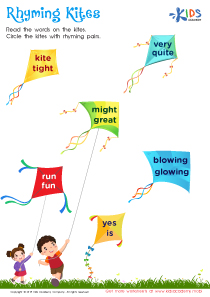4 results
4 filtered results
Clear all filters4 filtered results
-
From - To
Interactive Shapes Assessment Quizzes for Ages 4-5
Embark on a fun-filled journey of discovery with our interactive quizzes specifically designed for children aged 4 to 5. Our engaging platform provides immediate feedback, encouraging young learners to explore and understand the world of shapes. These quizzes are expertly crafted to check knowledge, reinforce learning, and boost confidence. With vibrant graphics and intuitive gameplay, children will master the basics of shapes in no time. Watch as your child develops critical thinking skills through playful assessments, making learning an enjoyable experience. Dive into our Shapes for Ages 4-5 quizzes today and shape a brighter future for your child!
In the formative years of Ages 4-5, children are naturally curious, eager to explore the world around them. At this critical stage, introducing them to the concept of shapes not only lays the foundation for mathematical understanding but also enhances their cognitive development. Recognizing this, our interactive quizzes on Shapes for Ages 4-5 have been meticulously designed to cater to the learning needs of young minds, making the discovery of shapes an engaging and enjoyable experience.
The beauty of these quizzes lies in their ability to transform abstract concepts into tangible learning experiences. By incorporating vibrant colors, playful animations, and relatable examples, children are invited into a world where learning feels like play. This approach significantly boosts their interest and engagement, making it easier for them to grasp and retain the information being presented.
One of the primary advantages of our interactive quizzes on Shapes for Ages 4-5 is the personalized learning experience they offer. Children learn at their own pace, exploring shapes through a series of thoughtfully constructed questions that adapt to their level of understanding. This individualized approach ensures that every child feels supported and challenged, fostering a positive attitude towards learning from an early age.
Moreover, these quizzes are designed to nurture problem-solving skills and critical thinking. As children interact with the quizzes, they are encouraged to observe, compare, and classify different shapes, honing their analytical skills in the process. This not only aids in their understanding of shapes but also prepares them for more complex concepts in mathematics and beyond.
Another significant benefit of these interactive quizzes is the immediate feedback provided. Whether a child answers correctly or makes a mistake, the quizzes offer constructive feedback in a supportive manner. This instant response helps children understand their errors, learn from them, and feel motivated to try again, fostering a growth mindset that values effort and learning from mistakes.
Furthermore, our quizzes on Shapes for Ages 4-5 are designed to promote language skills. As children interact with the quizzes, they are introduced to new vocabulary related to shapes, enhancing their language development and communication skills. This incorporation of language learning with mathematical concepts creates a holistic educational experience that benefits multiple areas of development.
Lastly, the social aspect of these quizzes cannot be overlooked. Although designed for individual learning, these quizzes can also be a collaborative activity, where parents or educators engage with children, guiding them through the questions and discussing the concepts. This not only strengthens the child's understanding of shapes but also fosters meaningful interactions and bonding through learning.
In conclusion, our interactive quizzes on Shapes for Ages 4-5 are a comprehensive learning tool that offers a multitude of benefits for young learners. By making learning personalized, engaging, and supportive, these quizzes pave the way for a lifelong love of learning. Through playful interaction, constructive feedback, and the development of crucial cognitive skills, children are well-equipped to continue their educational journey with confidence and curiosity.












